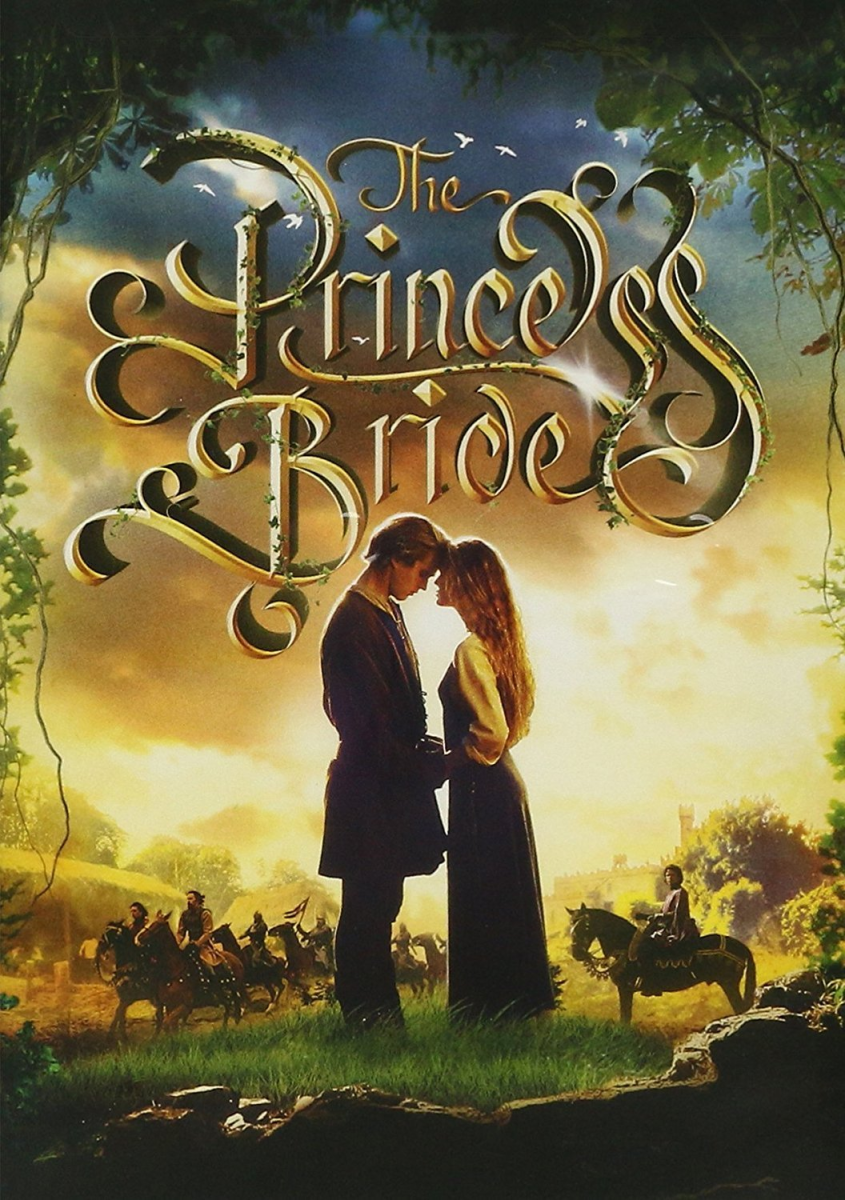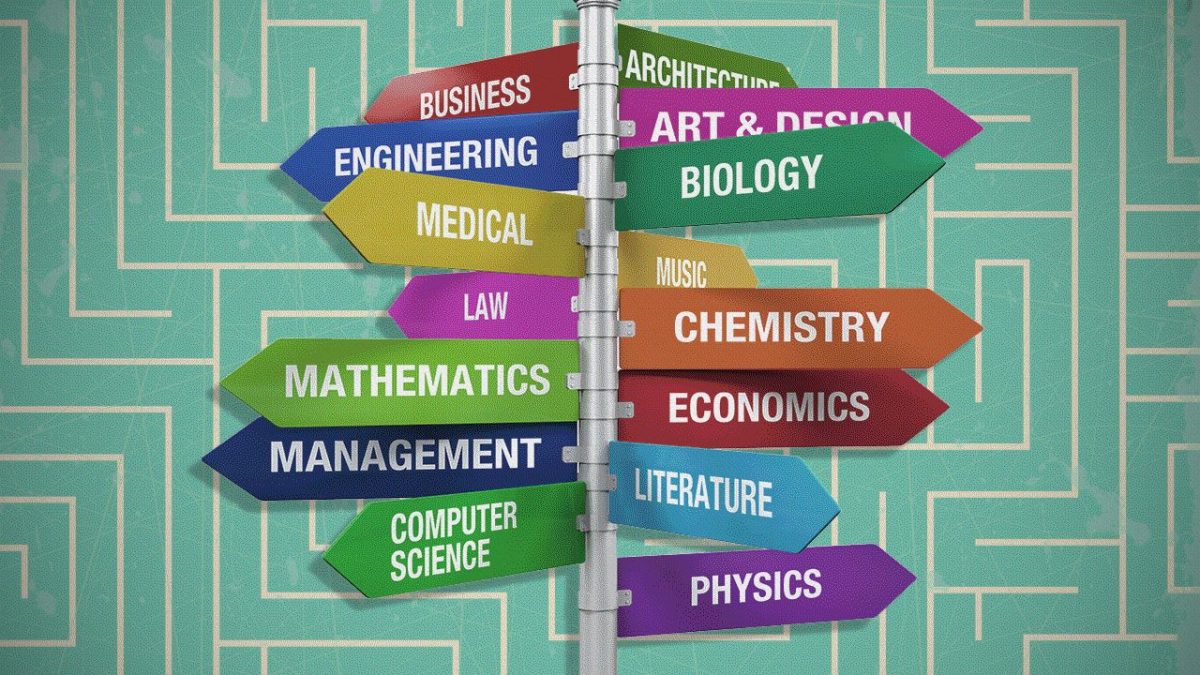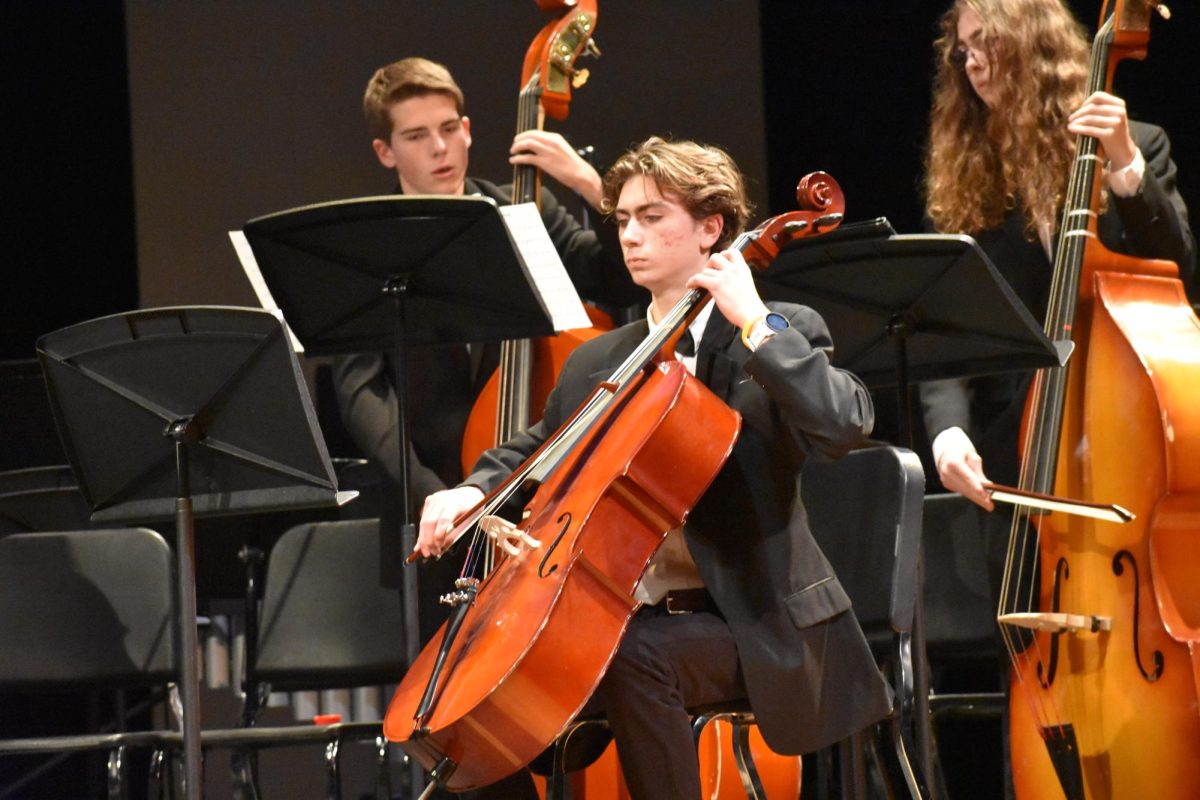Literature & Its Indelible Presence
September 28, 2017
Writing frees the mind, unleashing even the most obstinate sentiments. Reading allows for an empathetic connection, surpassing all boundaries.
Literature is one of the most defining elements in a person’s life. In essence, reading enriches the mind and hones a person’s perception. The emotional connection has the strength to surmount the pages and grapple with a person’s intellectual self. If this is the case, then why do fewer and fewer high school students engage in autonomous reading?
According to Scholastic’s National Survey of Kids and Reading, only 46% of students believe that immersively autonomous reading is a crucial habitual behavior. This ideal vastly contrasts that of most parents. Essentially, 86% of the parents surveyed stressed the imperative role that reading plays in the lives of children. Generally, the majority of the younger students surveyed (Ages 6-11) believed that reading was a crucial component of their lives. Teenagers ranging from ages 12-17, however, proffered responses antithetical to what the younger children had given. Ultimately, 42% of children ages 12-14 believed that leisurely reading was imperative, and 38% of adolescents ages 15-17 espoused this ideal.
Only 43% of teenagers ages 15-17 exhibit an affinity for reading and enjoy immersing in a process of frequent reading. This proves to be extremely antithetical to the percentage of children ages 6-8 that share that same sentiment, which consists of 80%.
When analyzing these staggering numbers in a macrocosmic manner, it arises and imbues concern.
Why is there such a precipitous decrement in each progressive value?
Why are fewer and fewer high school students embracing literature and all the beautiful artifacts that it has to proffer?
Many think that this is a result of the social media and technological apocalypse that’s consuming us all. Well, I can assure you that it’s more complex than that. It’s a multi-faceted analysis consisting of several points that we all need to introspect on. The most important is the pedagogical aspect of this entire ordeal.
Autonomous reading can be quite difficult for the common high school student. Whether it’s because we don’t have time or have grown to dislike books, the affinity for literature and its importance has diminished in the lives of many high schoolers. The pedagogical approach to reading is a crucial reason for why fewer students are engaging in such a gratifying process. In essence, a common educational approach for a traditional English teacher consists of assigning novels and discussing its analytical components. We’re inculcated to deconstruct every element of a novel in an overly structured manner. This eradicates the emotional connection that we should have with the melodic words from the text. The process obliterates the empathetic interaction that we should be having with the novel and the author’s vision.
In essence, this is what many English classrooms inculcate. Essentially, when reading is structured, it feels more like a task or something that we’re being forced to engage in. When we’re forced to read twenty pages of a given novel, it completely obliterates the author’s purpose for presenting that insight and that form of art. If a high school student is given the freedom to advocate for their learning and proffered the autonomy to engage in immersive reading, the process is both gratifying and galvanizing. They won’t perceive literature as a burden and more students will embrace literature. Don’t get me wrong. I think that it’s important to analyze certain pieces of literature because it’s crucial for communicative growth. However, it should be within reason. As the amount of time that a teenager or student dedicates to reading increases, the more authorial choices they’ll be exposed to; the more authorial choices they’ll strive to emulate in their writing: the more insight they’ll gain: and the more writing they’ll engage in. It all starts with autonomy.
I’ve recently read an essay written by John Holt in the late 1960s about the way English is taught and why many children despise reading. An interesting perspective one could derive from the piece is that many students associate reading with embarrassment from a young age. In essence, when students are forced to read aloud in class, they often feel pressure and anxiety, so they tend to avoid reading overall. It essentially serves as a defense mechanism: avoid reading at all costs, and I won’t have to feel distress if I mess up. This is a concept and sentiment that we all need to strive to eradicate. Students should feel comfortable reading, without fear of failure, because in essence that’s an aspect that allows us to grow beyond the surmounted barriers.
In regards to the myriad of online resources that we have available to us, we all need to take advantage of that. Technology is progressing and we need to embrace it from a educative standpoint, inculcating to each other the beauty behind reading.
For students like me who take AP and advanced courses, we must obliterate the deleterious notion that we don’t have enough time to read. There’s always some time to spare for reading. Whether it’s before bed, during a study hall, or on the bus. Anywhere: even if it’s just five minutes, we should dedicate some time for immersing in a world where words dictate our emotions. In the long run, we’ll be grateful we managed to grow from those experiences.
I’ve always had a special connection to literature and reading. Reading has always been something that I’ve viewed as beautiful and meaningful. When I was younger, I was an advanced reader for my age and I remember that my Kindergarten teacher, Mrs. Aldarondo, would excuse me from class. She would take me to meet with other teachers and asked me to read to them. In fact, I remember the first time I read to a group of teachers: it was a very special moment. I remember how the other teachers would sit there astounded at the fluent myriad of words that would hang in the air.
Reading allowed me to connect with others on an empathetic level and it allowed me to bond with my teacher. I attribute her as one of the reasons for my adoration toward reading and literature. She would always galvanize me to embrace literature, approaching it as something aesthetic and significant.
As I grew older, I read novels like To Kill A Mockingbird, The Book Thief, and The Lions of Little Rock. These are actually my favorite novels because they all encompass an underlying truth and these principles are the indelible presence of literature in my life. On a quotidian basis, I’ve implemented these fundamental truths as a paradigm for living. Like Atticus Finch, I believe that you should walk around in someone’s shoes before judging them. We all need to strive to be empathetic people and inculcate to each other the beauty behind the Golden Rule. Like Liesel Meminger, we should view literature as a haven: something that keeps us safe: something meaningful: something worth preserving. Like Marlee and Liz, we should be cognizant of the fact that love and friendship surpass any social construction and it obliterates hate. Literature is powerfully enlightening: the characters in a novel are just like us and by ameliorating our reading lives for the better, we can be galvanized by the amazing ideas that they proffer us.
We need to stress the importance of reading to students and insightful learners like you and I. We need to stress the importance of ameliorating the current pedagogical system that structures students to read. We need to engage in the gratifying pleasures of interacting with the words on each page. We need to read.

















































































































































































